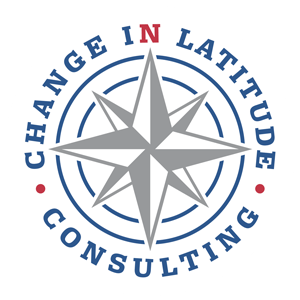I have been a “runner” for about 15 years now. It started in the Army where I had to run every day and eventually started falling in love with the freedom that running offered as well as the constant battle with myself to get better. When I first started training for distance runs; starting with half marathons and then full marathons, I sucked! I didn’t like running slow and get me with a group of runners training for a race and I had to be in the lead group. I also would run fast regardless of the conditions or how I felt. You can guess what happened, I would burn myself out early and by the end of a race I was running on nothing but fumes and legs that felt like rubber. I also got injured a lot!
Over time I learned to do things like adjust to the weather (cold, hot, raining, snowing, etc.) and how I felt (tired, excited, full of energy, nursing an injury or sick) as well as adjust to the field of runners. I also got into a comfortable pace early in the race which often meant going slow early to go faster later. Eventually I ran the Chicago marathon and got my Boston Qualifier. For those who aren’t marathoners (don’t blame you by the way) Boston is one of the premier races you can run because the field is relatively small and you have to get a pretty good time in order to even quality to run the marathon.
You might be asking yourself right about now what a marathon has to do with continuous improvement; well, I think they are more similar than most would think. When I first began in the continuous improvement field as a young black belt, I would sprint right out of the gate in the hopes of getting the buy in, ownership, executive sponsorship and everything else you need to lead a successful transformational effort. I also would use just one approach and wasn’t flexible at all or willing to adjust if “my way” wasn’t working. What I quickly found was that like distance running, it’s not a sprint but rather a marathon. Sometimes, actually often, you need to go slower to go faster. In addition, you need to constantly evaluate the situation and make small adjustments along the way.
Similar to a marathon, in a continuous improvement you have to adjust for things like: leadership engagement, maturity of the organization, organizational structure, how dispersed the organization is, history of continuous improvement within the organization (have they tried and failed before or is this the first time), employee buy in and experience and size of full time CI team. There really isn’t one right way to build out, roll out or sustain a CI program. In addition, you must start out slow to gain the buy in and support of senior leaders, mid-level managers and hourly associates. Think about this; when you go for a run do you start out at race pace, the answer is no. The same holds true for transformational efforts, you must start slow and build up speed as you go.
I have had the good fortune of being a part of and leading continuous improvement efforts in such amazing organizations as the US Army, Siemens, Nike and Radial. Each transformational effort was different, was in a different stage of maturity and required different methodologies and approaches. I often read posts from “experts” saying that lean or six sigma or lean six sigma or agile is THE best methodology for setting up, rolling out or sustaining continuous improvement efforts; I respectfully disagree with all of them. The methodology and approach depend on the company, the employees, the leadership, the clients and many other factors. When I created and rolled out the Radial Continuous Improvement System, everyone kept asking me if we were going to use lean, six sigma or a combination of the two. My answer was always the same: it depends and all the above.
What I am trying to say is don’t worry about committing to a certain methodology or approach for your continuous improvement efforts. Like running a marathon, start out at a nice, comfortable pace, be flexible along the way and most importantly: enjoy the ride!
